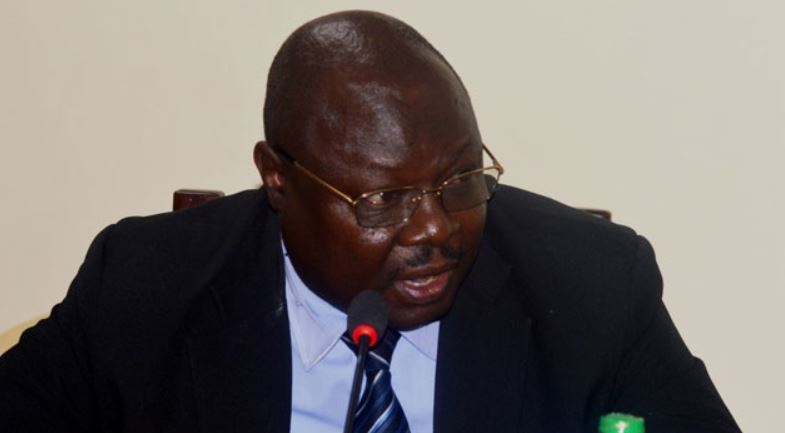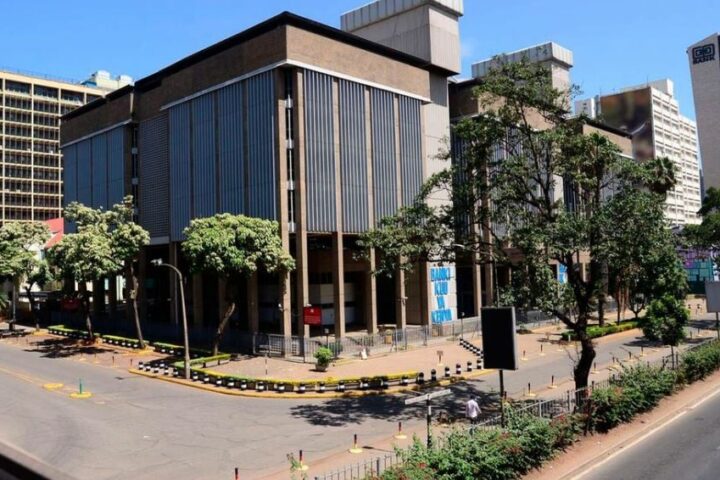
The committee has been probing the drop in revenue collection in the county, with liquor licensing identified as one of the streams that had recorded declining revenues.
Led by Chairman Robert Mbatia, the committee sought to know the number of bars in Nairobi as well as revenue collected over the last two years.
Mr Agwena said the last audit on the number of bars in Nairobi was conducted in 2016 indicating that there were 12,500 outlets in Nairobi.
On revenue collection, Agwena said in the 2016/17 financial year, the aim was 7,000 bars with targeted revenue of Sh350 million but only Sh202 million was realised from 4,800 bars.
In the 2016/2017 financial year, their target revenue was Sh287 million from 7,000 bars but only Sh154 million was collected from 5,000 bars.
He then indicated that in the 2018/2019 the board’s target is 4,800 bars targeting Sh287 million and so far they have realised Sh124 million from 3,900 bars.
The Committee Chair wondered why the targeted number of bars was decreasing instead of increasing.
“I would like to know what has been informing your decision to reduce the target of bars from initial target of 7,000 to now about 4,800 yet the number of bars opening is increasing on a daily basis,” said Mr Mbatia.
In his response, the liquor board CEO said that most of the bars were located in slums and residential areas thus unqualified for the issuance of a license.
But Emily Oduor, a member of the committee, was not convinced by the excuse and cornered Mr Agweno to explain why unlicensed bars are still operational.
“I do not see a reason why you don’t collect revenue from these bars, people are still drinking from there and if you think they don’t meet the criteria they should have been already closed down,” Ms Oduor observed.
Utawala MCA Patrick Karani, also a member of the committee, added; “Over the weekends we see most of these officers collecting money from bars and I’m forced to think that that’s a protection fee that operators give your officers so that they continue operating illegally.”
Mr Agwena had difficulties responding to the query and went on to admit that corruption by officers on the ground was a possibility. He also claimed that some of their officers have received beatings when conducting operations.
‘‘Its true Mr. Chairman, it ’s challenging and we can not reach our target. Our officers were beaten in Dondara phase four and it’s very difficult to penetrate some areas. In fact, the multi-agency team that we work with rely so much on city hall officers,’’ said Agwena.
He, however, noted that the board has embarked on auditing its clubs and restaurants records to ensure no outlet evades paying tax to the county.
Agwena further said the board is in the process of hiring a consultant to conduct census to establish the number of bars that are currently in Nairobi.
‘‘We have currently licensed 3900 bars, but according to 2016 census report that was done by the board, the report showed that we have 12,500 bars in Nairobi, to that effect we are planning to engage a consultant to conduct a new census,’’ Agwena stated







